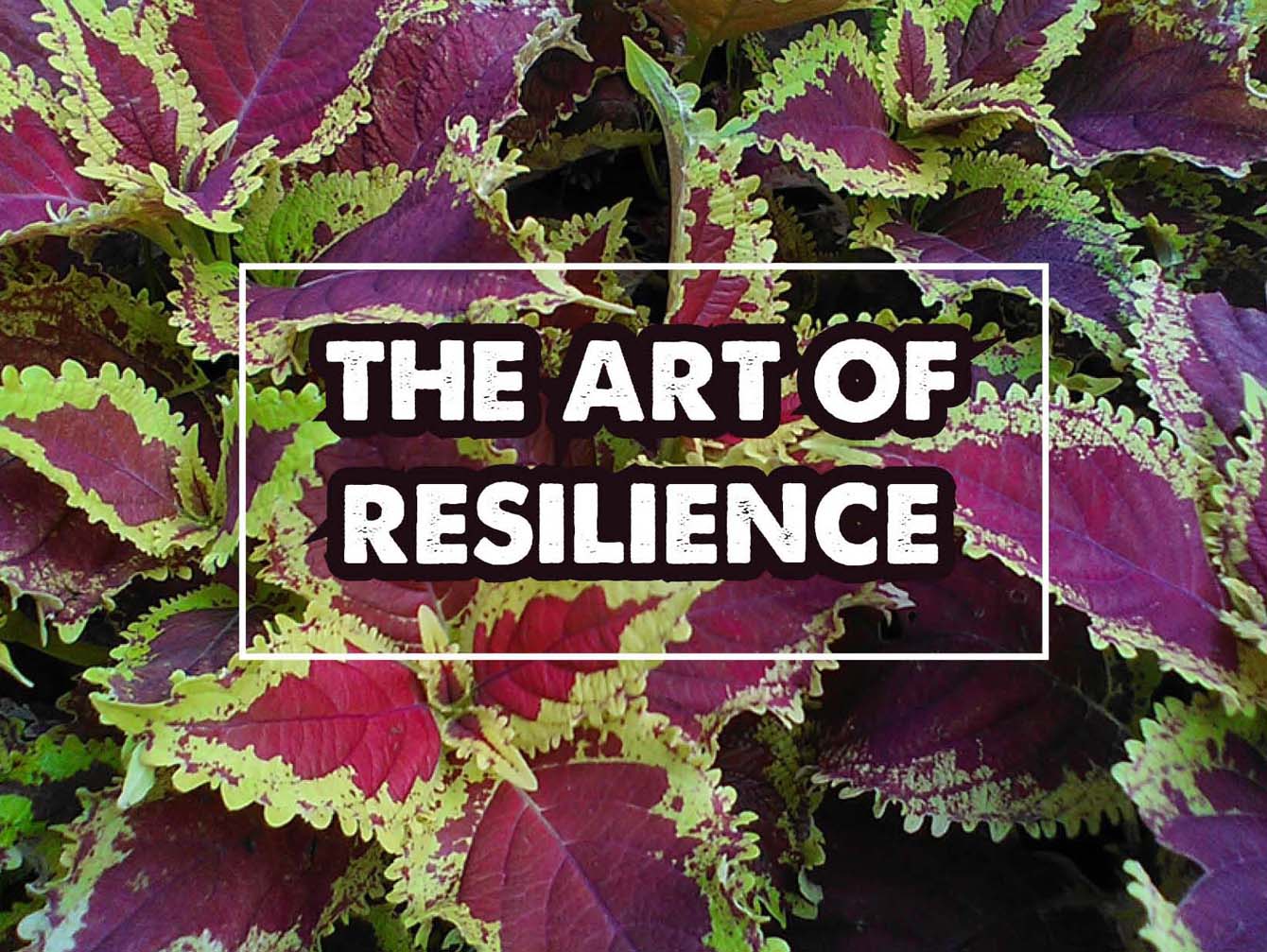Edo, a young entrepreneur from Pekalongan, Central Java, had been distressed to see his fellow batik craftsmen lose their job back in 2020. They were made redundant due to the outbreak of Covid-19 that affects seriously the global economy. Instead of complaining, Edo chose to run his own business under the umbrella of Sarung Tentrem. As his hometown has long been famous for its batik, he decided to produce a sarong that accommodates traditional values in a fresh design.
The new brand has proven to be a financial success and soon gains fame among batik lovers, particularly millennials all over the country. The product, presented in uniquely fresh design, has made its way to popularity even in the neighboring countries including Malaysia and Singapore.
What to do according to Javanese expression
1. Amba jangkahe
The phrase literally translates as "large steps" and is used to state when someone is willing to make every possible effort with available resources to deal with a situation. When one is described amba jangkahe, the person is either confident about finding a way out and will stop at nothing to search for opportunity.
They believe that with every problem is a solution and that there are limitless opportunities for us out there during difficult situations if we keep things in perspective. Edo never minds the pandemic that he takes it as an opportunity to produce a new product and further its sale using digital marketing.
2. Thukul pikire
While it is a relatively new brand, Sarung Tentrem has been able to top-rank its competitors owing to creativity. In the Javanese context, Edo is credited as thukul pikire which highlights his inventive turn of mind. The phrase actually means growing mind to imply one is astute and has a perceptive observation that they can come up with a solution with creative energy.
In Edo's case, the pola sorot (highlight pattern) normally found in the center of batik sarong is removed which makes his sarong design more fresh and dynamic. This creative decision has led his product to be very close to consumers' hearts, outmatching the competitors in the established market.
3. Gilud kawruh
During this catastrophic episode of life, it is imperative we have the enthusiasm to learn a new skill and find us time to upgrade existing ones. There have been numerous webinars offered since the beginning of the pandemic and the topic covered have been varied and proved to be relevant to what we need today including digital marketing, public speaking, mindfulness, blogging, and the like. The key to success in everything is gilud kawruh which is making use of time to learn and update competence.
4. Padhang langite
If you want to be creative even under severe strains, be committed to happiness. You must be happy in order to embrace creative vivacity. When you are delighted, positive vibes occur and you will be feeling very fortunate to have everything around you. That is when padhang langite takes place. The phrase reads 'bright sky' in English and firmly indicates happiness you need to adopt as an integral part of yourself. This includes self-possession that we are in control of ourselves and free from agitation.
You may enjoy listening to music or reading a favorite book to freshen up, it is of the essence that you find something that invigorates you. There must be one that we enjoy the most out of the many activities we normally do. Playing games can be one of those invigorating recreations to shift from daily routines. And when it comes to gaming, playing online seems ideal at the moment as we tend to spend more time at home during the pandemic.
Not only are we kept away from the dangerous virus, but staying at home will also provide us with more family time. It just so happens that I come across Candy House when looking for entertainment during a short respite from writing on the laptop. I sometimes get stuck when blogging and online games are a perfect pick to give me instant amusement.
Candy House is a very easy game to play. All we have to do is create a line of three or more candies of the same color either horizontally or vertically. When three or more pieces match, they will collapse and disappear, allowing other pieces to fill the empty space while adding up scores. It is more interesting that the layout design changes and some pieces are locked in position as we move to higher levels.
To break the locked pieces, we can match those pieces as part of a set of three or have a line destroyer set off on the same plane. If we want to destroy an entire line, we have to match four pieces of similar items in a row.
It is important to note there are horizontal hash marks we can click or press to destroy anything on their horizontal line when we move them to complete another set of three. These horizontal hash marks destroy even different colored pieces as long as they come as a set of three.
The game gets more exciting when pieces with vertical hash marks appear. If we click these pieces, they will destroy all pieces on the vertical line they are on, leaving us energetically enchanted to see more pieces collapsing with incredible sound and our score accumulates.
If you're not into a matching game like this, there are plenty more games you can find on solitaire.org which offers a wide collection of online games for free. In addition to the legendary Solitaire games, this website includes logic puzzles, word games, mahjong, hidden object, and even Zuma which never fails to amuse us.
Playing online games without registration or signups is what we exactly need to gain happiness instantly. With Solitaire, there is no reason for you to live in solitude even when you choose to run a solitary life.
5. Lobok atine
But when happiness seems elusive, it is of paramount importance that we remain patient and accept what happens with resignation. It doesn't mean that we give up hope but to be aware we are strong enough to stay put and wait with vigor.
This is what lobok atine suggests. Literally meaning 'loose heart', the phrase encourages everyone to consider adversity normal and take any challenges as an opportunity to amass power. This way we should be assuredly on the track that we may expect divine help.
6. Meres kringet
Roughly translated as squeezing sweat, meres kringet indicates hard work. This is when you allow yourself to work your fingers to the bone. We must be prepared to exert ourselves to attain goals in life especially when we encounter the tribulations of modern life such as the ongoing pandemic. The Javanese phrase prescribes that one is to make every endeavor to make things happen.
7. Kandel kulite
It is very likely that we are tempted to give up when things have yet resumed to normal the way we expect them to be. An agonizing episode of life should not be easy as it presents difficulty we think we might be unable to bear. The pandemic lasting for two years is a hell of a critical moment when many important things are at stake including our own lives.
But be convinced that you have the potential to sustain any damages including the current pandemic we expect to last immediately. Kandel kulite, that's how Javanese put it. Originally meaning 'thick skin', the phrase implies a sense of invincibility. It is vital that we believe there's never too much to bear and that we have amazing resilience to rise from turbulence and crisis.
Finally, understanding those phrases has led us to realize that we are in fact adaptive to changes and incredibly poised to jump at opportunities during good times or bad ones. What to do during the pandemic, for instance, can be drawn from the treasure of our local culture and the positive energy within. Find your way of survival.




















